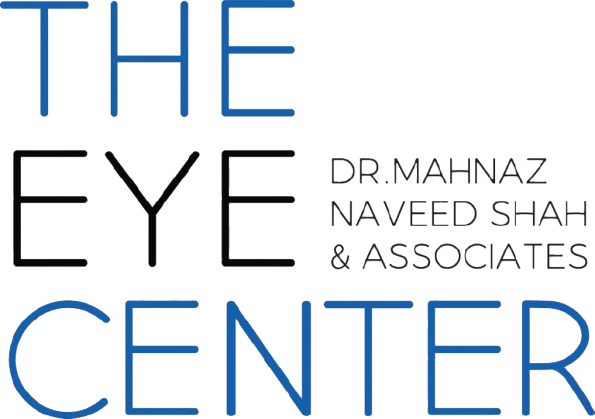In Karachi’s fast-paced medical environment, many patients visit doctors without providing a complete medical history. This can limit the doctor’s ability to make accurate diagnoses or prescribe safe treatments. Sharing your full medical history, including previous illnesses, surgeries, allergies, and ongoing conditions, is essential for better care.
Doctors rely on your medical background to understand how current symptoms may relate to past health issues. For example, if you have diabetes, hypertension, or heart problems, these can impact eye health, wound healing, and medication choices. Even conditions that seem unrelated can influence the care you receive. Similarly, informing the doctor about any allergies, especially to medications like antibiotics or eye drops, can prevent serious allergic reactions.
Don’t forget to mention any family history of diseases such as glaucoma, macular degeneration, or diabetes. Some conditions are hereditary and knowing this can help doctors recommend early screenings or preventive care. Also, tell your doctor about any lifestyle habits like smoking, alcohol use, or screen time patterns. These factors often affect both general and eye health.
Providing all this information might feel overwhelming, but it ensures your doctor tailors your treatment to your specific needs and risks. If you visit multiple doctors, keep a personal medical file with copies of reports, prescriptions, and diagnostic tests to avoid missing key details during appointments.
For eye-related health, detailed history is equally crucial. At The Eye Center – Dr. Mahnaz Naveed Shah & Associates, patients are encouraged to share complete medical and eye health records to ensure customized care. Whether for vision correction, diabetic eye care, or complex surgeries, your medical background helps the team deliver the safest and most effective treatments. For expert consultation, contact The Eye Center – Dr. Mahnaz Naveed Shah & Associates at 03041119544.
